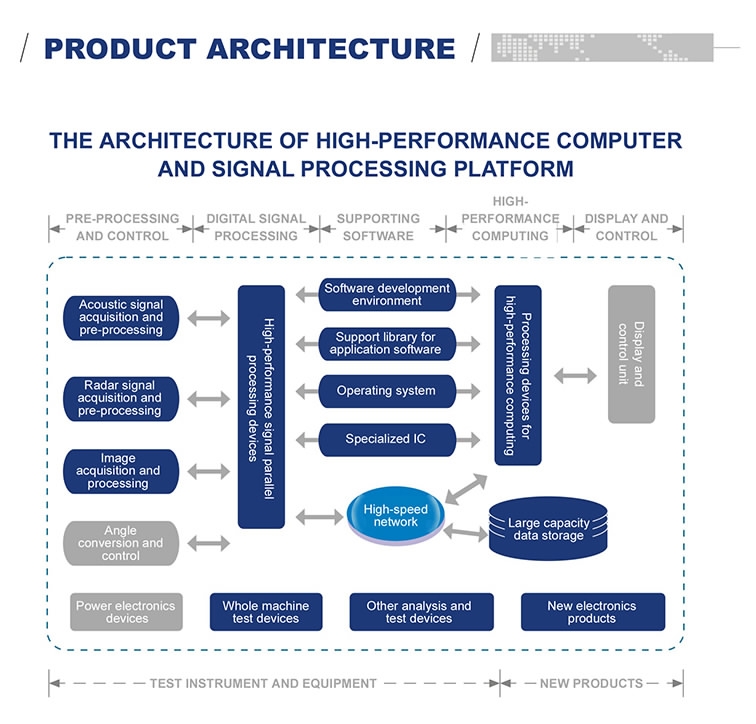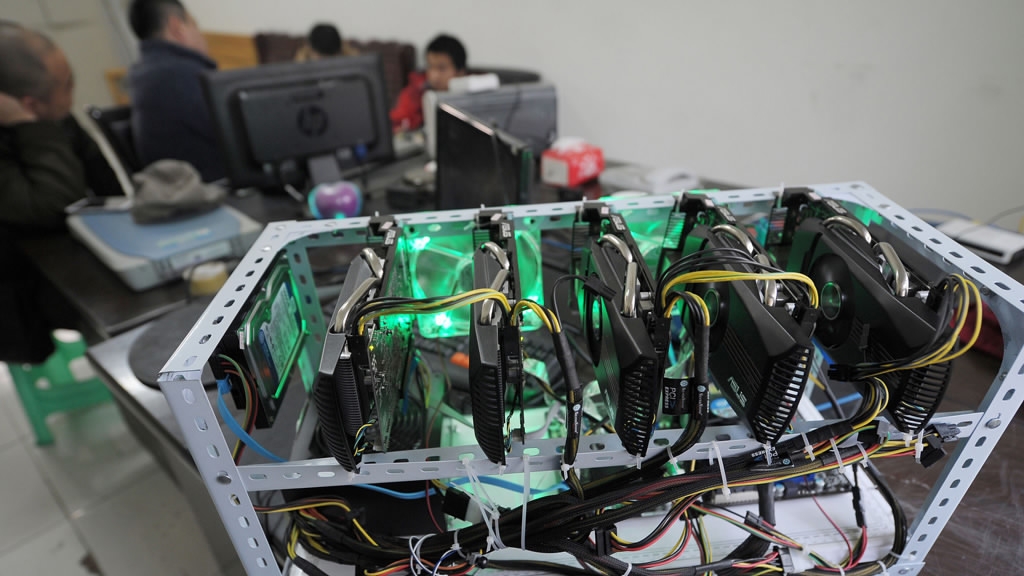
Chip
23:22, 16-Feb-2018
A new challenger appears: Chinese company ready to mass produce graphics card chips
By Gong Zhe

A Chinese company is gearing up to mass produce its own graphics card chips, according to a report by Xinhua on Thursday.
The chip, named the "Lincom GP101", is 100 percent designed by the company, and is the first for China.
With the chip, a 4K TV can be connected to a computer through ports like HDMI, DVI and VGA.
Widely-used graphic acceleration standards like OpenGL ES2.0 are also supported by the chip, making it fast for 3D gaming and industrial design.
The chip can also help a computer play video clips smoothly.
The speed of the chip was not mentioned in the Xinhua report. We at CGTN will be trying to obtain a detailed spec list of the GP101 chip after the Spring Festival national holiday, which lasts until Feb. 22.
The design process was a first time success, as Xinhua reported, quoting "a manager of the project."
Lincom Electronics, the company behind the chip, is based in central China's Wuhan city, and owned by the China Shipbuilding Industry Corporation (CSIC).

Lincom's products /Picture from Lincom
Lincom's products /Picture from Lincom
Although CSIC is mainly a ship builder, it has also tapped into high-performance computing.
Besides for making consumer products, Lincom also serves the military sector.
Why graphics cards?
Graphics cards have long been considered as a standard computer part, but recently cryptocurrency "miners" found that the card is faster than the computer core for mining.
The miners buy large quantities of high-end graphics cards to solve the blockchain math, driving their price sky-high.

A typical mining computer with five graphics cards /VCG Photo
A typical mining computer with five graphics cards /VCG Photo
If you bought a card in late 2016, it's highly probable that you can sell it now at a higher price in the second-hand PC parts market.
Other jobs that requires a high-end graphics cards include gaming, designing and video-editing.
The global market for graphics card chips is largely controlled by two chip-makers: Nvidia and AMD, both from the US.
The road to a truly Chinese PC
The Chinese mainland has been relying on imported computer parts for decades, and wants to design these high-tech parts locally.
The government poured huge sum of money into state-owned enterprises to realize this goal.
The Beijing screen panel maker BOE is challenging Samsung by making its own bendable OLED screens; storage chip maker Yangtze Memory is reportedly in talks with Apple to provide data storage for future iPhones; and the world's fastest supercomputer, Sunway TaihuLight, is powered by processors designed by China instead of Intel's Xeon CPUs.

SITEMAP
Copyright © 2018 CGTN. Beijing ICP prepared NO.16065310-3
Copyright © 2018 CGTN. Beijing ICP prepared NO.16065310-3